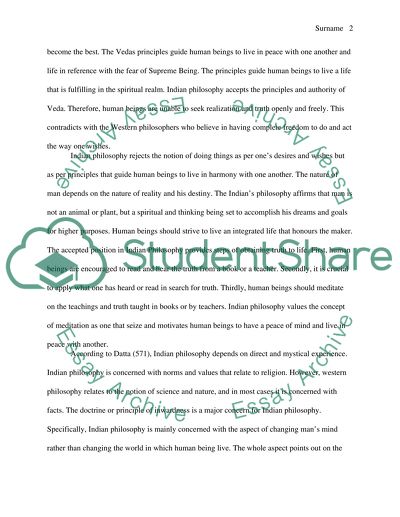Cite this document
(“Indian Philosophy. What Is Indian Philosophy Essay”, n.d.)
Indian Philosophy. What Is Indian Philosophy Essay. Retrieved from https://studentshare.org/philosophy/1486981-what-is-indian-philosophy-is-there-indian
Indian Philosophy. What Is Indian Philosophy Essay. Retrieved from https://studentshare.org/philosophy/1486981-what-is-indian-philosophy-is-there-indian
(Indian Philosophy. What Is Indian Philosophy Essay)
Indian Philosophy. What Is Indian Philosophy Essay. https://studentshare.org/philosophy/1486981-what-is-indian-philosophy-is-there-indian.
Indian Philosophy. What Is Indian Philosophy Essay. https://studentshare.org/philosophy/1486981-what-is-indian-philosophy-is-there-indian.
“Indian Philosophy. What Is Indian Philosophy Essay”, n.d. https://studentshare.org/philosophy/1486981-what-is-indian-philosophy-is-there-indian.


